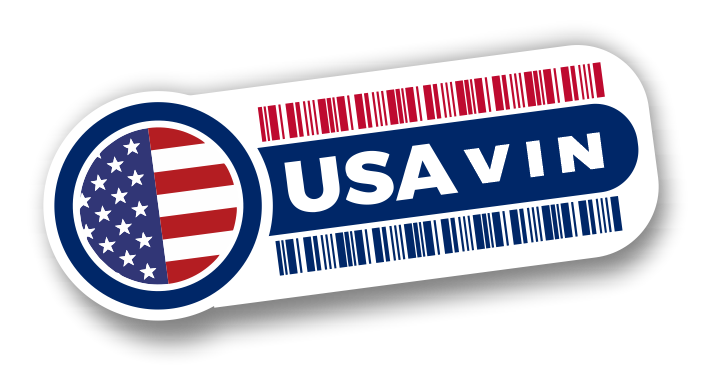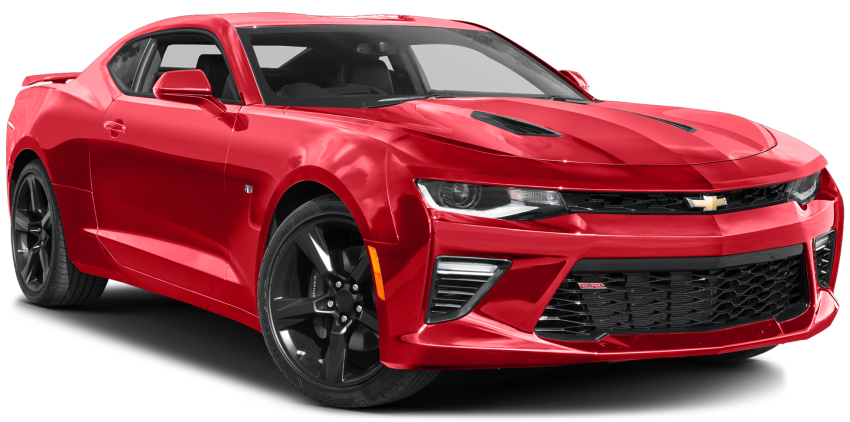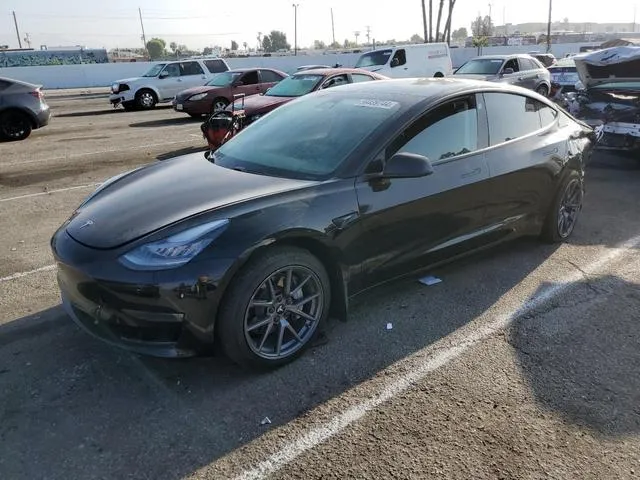Toyota: Pioneering Reliability and Innovation in the Automotive Industry
Founded in 1937 by Kiichiro Toyoda, Toyota has grown to become one of the largest automobile manufacturers in the world. Renowned for its dedication to quality, innovation, and sustainability, Toyota has set benchmarks in the automotive industry.
Notable Models
| Model | Production Years | Description |
|---|---|---|
| Toyota Corolla | 1966 - Present | A compact sedan known for its reliability, fuel efficiency, and strong resale value, making it one of the best-selling cars globally. |
| Toyota Camry | 1982 - Present | A midsize sedan that combines performance, comfort, and safety features, widely regarded for its durability. |
| Toyota RAV4 | 1994 - Present | A compact SUV that offers versatility and practicality, popular among families for its spacious interior. |
| Toyota Prius | 1997 - Present | The flagship hybrid vehicle that has played a significant role in popularizing hybrid technology worldwide. |
| Toyota Hilux | 1968 - Present | A robust pickup truck known for its dependability and off-road capabilities, especially favored in rugged terrains. |
Commitment to Quality
Toyota's manufacturing philosophy, known as the Toyota Production System (TPS), emphasizes efficiency, quality control, and continuous improvement (Kaizen). This approach has enabled the company to produce reliable and durable vehicles over decades.
Innovation in Hybrid Technology
Pioneering hybrid technology with the Prius, Toyota continues to lead in the development of environmentally friendly vehicles. The company has expanded its hybrid lineup, offering options across various models to reduce carbon emissions.
Sustainability Initiatives
Toyota is committed to sustainable practices and aims to achieve carbon neutrality by 2050. Efforts include investing in hydrogen fuel cell technology and exploring electric vehicles, showcasing their commitment to a greener future.
Global Presence and Market Strategy
With operations in over 170 countries, Toyota maintains a strong global presence. Its strategy focuses on adapting to local markets while providing high-quality products and services to meet diverse consumer needs.
Challenges and Future Outlook
While Toyota faces challenges such as competition from electric vehicle manufacturers and shifting market demands, its focus on innovation and sustainability positions it well for future growth in the evolving automotive landscape.
Conclusion
Toyota's unwavering dedication to quality, reliability, and innovation has made it a leader in the automotive industry. As the company embraces sustainable solutions and continues to adapt to changing market dynamics, it remains poised to shape the future of mobility.

































